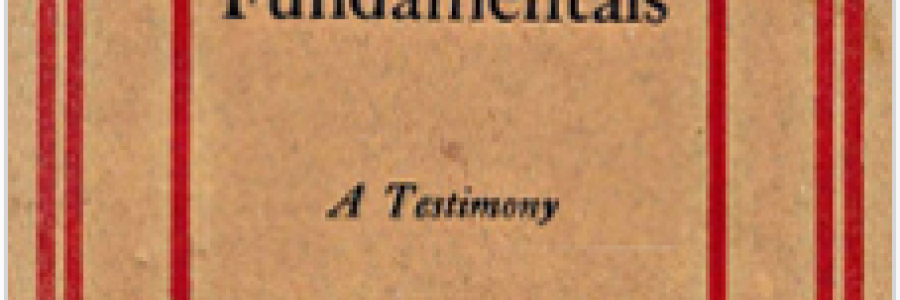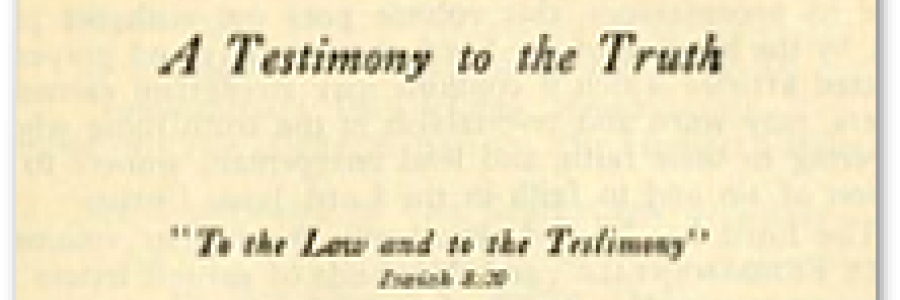Christians Must 'Unhitch' Old Testament From Their Faith, Says Andy Stanley
Body
Stanley: “Jesus’ new covenant, His covenant with the nations, His covenant with you, His covenant with us, can stand on its own two nail-scarred resurrection feet. It does not need propping up by the Jewish scriptures” CPost




Discussion